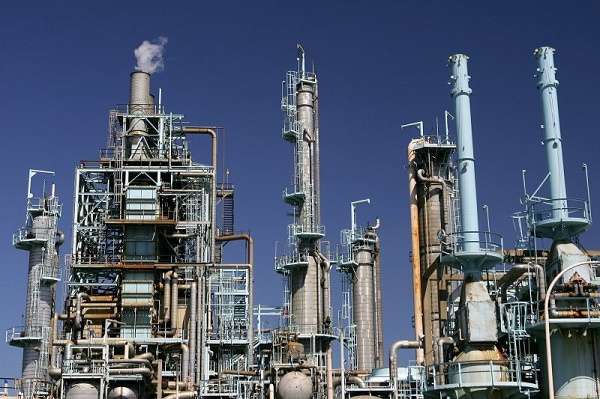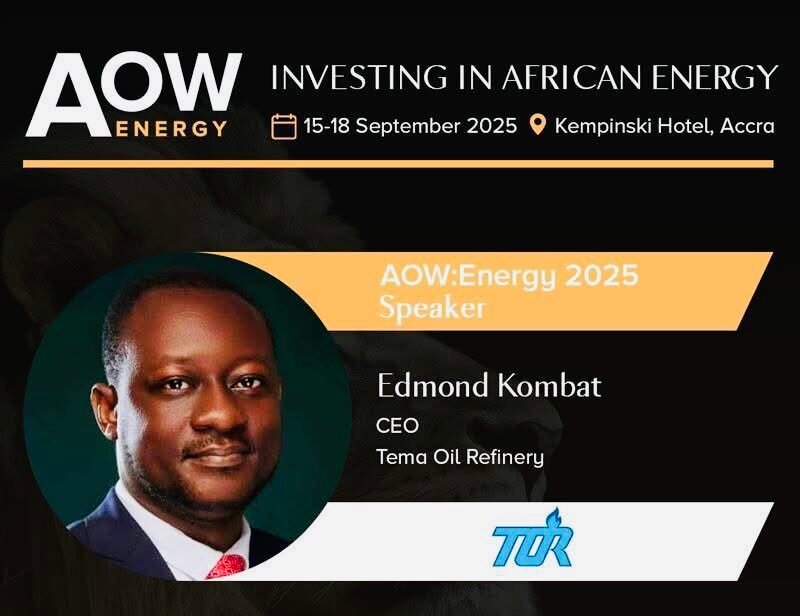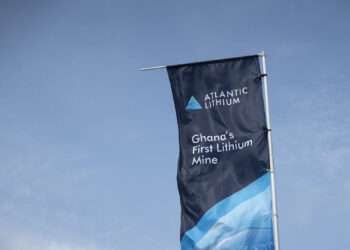The Tema Oil Refinery (TOR), Ghana’s premier crude oil processing facility, is gearing up to restart operations in October following the completion of its turnaround maintenance.
In his presentation, the refinery’s Managing Director, Edmond Kombat Esq., outlined TOR’s revival strategy, emphasizing a renewed focus on efficiency, financial sustainability, and private sector participation.
He explained that the refinery has undergone critical maintenance funded through its internally generated funds (IGF), which enabled the establishment of a specialized turnaround team to spearhead the revamp.
Mr. Kombat described TOR’s recovery plan as a multi-pronged effort, with private sector collaboration at its core. He noted that several private entities have already expressed interest in partnering with the refinery, bringing both capital and technical expertise.

“The refinery’s revival strategy includes private sector participation, which will inject new capital and provide the technical expertise needed to enhance TOR’s operational efficiency and long-term viability.
“We welcome all investors who are ready to work with us as we return TOR to its glory days.”
Edmond Kombat Esq., Managing Director of TOR
He further acknowledged the support of key industry stakeholders, including the National Petroleum Authority (NPA) and the Bulk Oil Storage and Transportation Company Limited (BOST), whose contributions have been instrumental in paving the way for TOR’s comeback.
The announcement was made by Mr. Kombat, during a high-level panel discussion at the 31st Africa Oil Week (AOW) 2025 in Accra, where he joined fellow CEOs under the Ministry of Energy and Green Transition to deliberate on the future of Africa’s energy sector.
Reducing Import Dependence and Saving Forex

With the refinery set to resume refining operations, Mr. Kombat underscored the strategic benefits to Ghana’s economy.
He stressed that local refining would significantly reduce the country’s reliance on imported petroleum products, saving millions of dollars in foreign exchange.
“When TOR returns to operation, Ghana will be in a stronger position to decrease reliance on imports and retain more value from its crude resources.
“This is not just about fuel; it’s about energy security and economic stability.”
Edmond Kombat Esq., Managing Director of TOR

He emphasized that beyond forex savings, local refining would stabilize domestic fuel prices, insulating Ghanaians from the full brunt of global oil market volatility.
The revival of TOR is also expected to provide a major boost to job creation and industrial growth.
Mr. Kombat highlighted that the refinery’s operations would generate thousands of jobs, both directly within the plant and indirectly through related industries, services, and supply chains.
He linked this development to Ghana’s Petroleum Hub Project, which aims to transform the country into a regional energy hub and is projected to create over 780,000 direct and indirect jobs by 2036.
“This refinery is a catalyst for broader industrialization.
“From jobs to value addition and government revenue, TOR will be a key player in building the Ghanaian economy.”
Edmond Kombat Esq., Managing Director of TOR
Stabilizing Prices and Enhancing Energy Security

Another major benefit, according to the TOR boss, will be greater price stability for fuel products in the local market.
By processing crude oil domestically, the refinery will help cushion Ghanaians against sharp fluctuations in international crude prices that often translate into higher transportation and food costs.
“Local refining helps stabilize fuel prices and reduces the impact of global price shocks on households and businesses.
“This will ultimately lower transportation costs, food prices, and the overall cost of living.”
Edmond Kombat Esq., Managing Director of TOR
He added that a fully functional refinery would also minimize the risk of fuel shortages, providing a steady supply of petroleum products and reinforcing Ghana’s energy security.
While the refinery’s revival is well underway, Mr. Kombat stressed the importance of sustaining momentum through continued investment, innovation, and stakeholder collaboration.
He reiterated TOR’s commitment to implementing reforms that would make the refinery more competitive and responsive to Ghana’s energy needs.
With TOR’s reopening on the horizon, the refinery stands poised to reassert its role at the heart of Ghana’s petroleum industry.
The news signals a new chapter of industrial resilience, one that promises to anchor Ghana’s energy security while delivering tangible benefits to households, businesses, and the wider economy.
READ ALSO: Market Cheers as Ghana’s Treasury Auction Breaks Four-Week Drought with 15.8% Oversubscription























